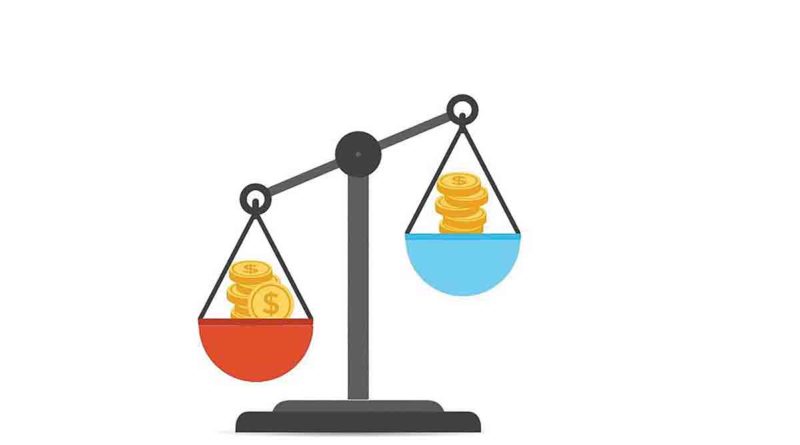The Opportunity Cost
Nikita Vete
Life has become so fast. So many desires we have. We all want to complete every bit of our bucket list. We want to enjoy literally everything. But, unfortunately we can’t do everything even if we wish for it. Well the simple answer to it would be time, money and other constraints are limited. As humans, knowingly or unknowingly we swim through multiple choices every day. Make decisions laying weights on different parameters, which are very much subjective in nature. Finally, the end result of the choices we make, makes us content.
Now let’s understand this simple human behavior from the investment perspective. As an investor you will be faced with infinite choices like different investment options, products or schemes and even might get confused among their features and benefits. Sometimes, we are even indifferent among the choices and are oblivious of other choices, that becomes even more complicated but, here comes the difficult part making a decision through these choices.
Previously, the investors had limited investment options, the industry evolved and so did our preferences. The decision-making involved here is more complex as it involves our hard earned money. So what is the opportunity cost? Well it is the cost of the option which we had to let go because we chose the either. Let’s see this way, you have an investment corpus of 25,00,000 and it is the same price you can either use it to buy a new car or for your son’s higher education. If you choose one, you lose one and that’s the idea behind the opportunity cost. Similarly, investments as a subject are sensitive in nature. Rating the options on the basis of a goal linked to it, the risk-return trade off, the liquid nature of the investment, tax implications are all valid but to some extent generic in nature. Thus at the end of the day it simply boils down to what is right for you, again which is subjective; example a choice between Term Life Insurance vs a Mutual Fund. Both, being of different nature yet you need both of it in your portfolio. What would you prioritize first? Because the resources are indeed limited!
The writer is Executive Assistant at Vete Associates

